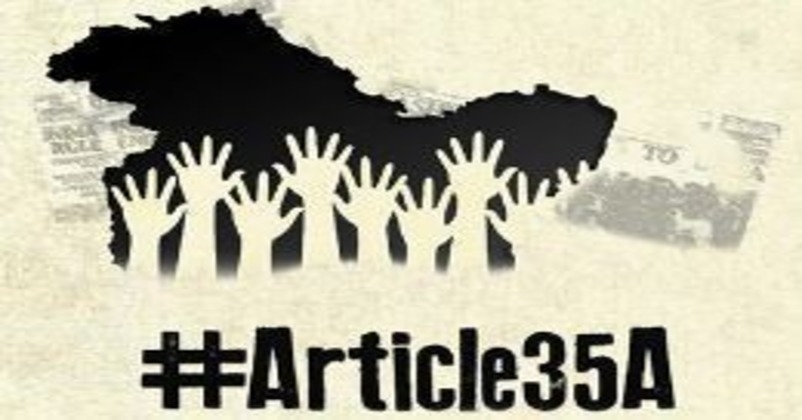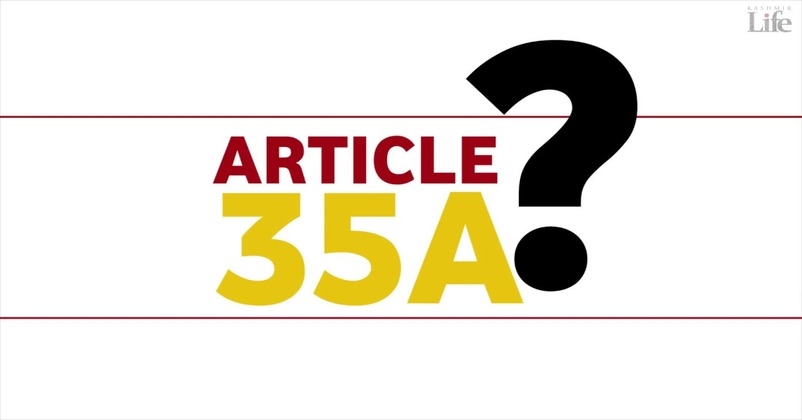The Vice-President of National Conference Omar Abdullah threatens that if Article 35A is tinkered with then the situation in Kashmir would deteriorate extremely. Citing the example of Arunachal Pradesh, he said the situation will turn out to be much worst then what the situation is prevailing in Arunachal Pradesh.
It is not the first time that the valley based political parties is speaking the language of separatists and terrorists, such threats have been issued time and again by them. On Sunday, another politician, the president of PDP Mehbooba Mufti spoke in a similar tone. In this election season, the political parties are trying to vie for the political space in Kashmir valley and using rhetoric in favour of Article 35A is mostly used by them.

This controversial article creates furor only from Kashmir valley and separatist and Kashmir based political parties. Recently, the central government deployed additional security forces and apprehended some of the miscreants from the valley in the light of the upcoming Lok Sabha and State Assembly elections but it was seen as an attempt to tinker with Article 35A. Though the Governor of Jammu and Kashmir (J&K) has assured that Article 35A would not be touched upon till the time elected Government take over the reign of the state yet threatening is continued in Kashmir valley.
About Article 35A
Article 35A is that provision of the constitution, which was entered in the Constitution of India in a clandestine manner; it was neither discussed nor passed by the Parliament of India. Also, the provision can neither be found in the list of the constitutional amendment nor between Article 35 and Article 36. But one can locate it in the appendix of the Constitution. Apart from discriminating between the resident of the state and non-resident, this provision discriminates West Pakistan Refugees, Gorkhas, Women, and Valmikis, who are residing in the state of Jammu and Kashmir. Hence, legal sanction of for discrimination on the basis of caste, class, sex, and region was given through this provision in contravention to the basic tenets of the Constitution of India. Many books on the Constitution of India do not mention about this provision and most of the legal practitioners were not aware of it unless it was challenged in the Supreme Court in 2014 by a bunch of organizations and individuals.



